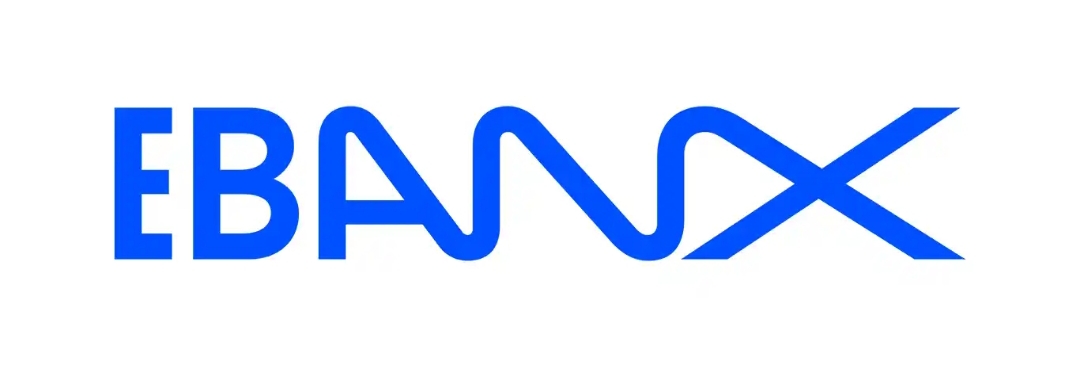EBANX, a fintech company that specialises in international payments, has recently announced the appointment of a director for its market development in Africa. Wiza Jalakasi, the company’s new director, has over 13 years of expertise in establishing tech firms in the B2B and B2C markets. He was most recently a vice president at Chipper Cash, where he worked previously.
Six months after the Brazilian unicorn made its debut on the African market, Jalakasi decided to join EBANX. EBANX has a track record of over ten years in successfully resolving payment issues and assisting global corporations in expanding their operations in Latin America.
Read also: UK Fines TikTok £12.7m For Breaching Data Protection Regulation
Former Chipper Cash Expresses himself as he joins EBANX Africa
According to Wiza Jalakasi, the new director of Africa market development at EBANX, joining this firm is a tremendous opportunity to help solidify the legitimacy of the payments sector and digital economy in Africa, as well as to assist connect global players to this enormous market, which is full of potential.
In his words, “EBANX has more than ten years of track record in solving payments and helping global businesses grow in Latin America. Joining this company is a fantastic opportunity to cement the credibility of the payments industry and digital economy in Africa and help to connect global players to this huge market which is full of potential.”
In his role at EBANX, Jalakasi will be responsible for the expansion and development of the fintech company’s activities across Africa, the strengthening of linkages between the company’s global merchants and African consumers, and the provision of in-depth expertise about the rapidly growing digital market in Africa.
“Jalakasi will play a key role in expanding EBANX’s footprint in the African region, which is the next growth frontier for digital payments and the digital market in several verticals, like SaaS/cloud, streaming, digital games and online retail. He is an important addition to the team, bringing all his expertise in solving local payments for international companies that want to connect with millions of African companies and digital consumers,” said Paula Bellizia, President of Global Payments at EBANX.
How traditional banks adapt to fintech and digital banking
The financial sector is undergoing rapid transformation. As a result of the proliferation of payment applications and startups in the financial technology industry, customers, and particularly millennials and members of Generation Z, increasingly anticipate receiving prompt and individualised assistance not only with basic banking, but also with loans, investing, trading, and financial planning. In addition, they do not wish to travel to a branch in order to obtain it and wait in line.
New apps that provide customers with self-service options and banks that operate only online are gaining market share at the expense of traditional financial institutions. Even though the financial sector tends to avoid taking risks by nature, it must learn to adapt or perish.
The digital revolution was kicked off by applications that made it simple to make deposits and payments using mobile devices. These services are now provided by the majority of banks.
Banks that exist solely online and have no physical branches can provide their customers with the convenience of checking and savings accounts, credit cards, and even mortgage loans all through their websites.
These online banks, also known as neobanks, save money since they do not have to lease or maintain facilities. In addition, several of these online banks offer their customers fewer costs and greater yields than their traditional counterparts. And in contrast to traditional banks, which are bogged down with antiquated technology, these online financial institutions make it easy and quick to perform tasks like opening a checking account and making payments.
Because of these characteristics, neobanks are well-positioned to see explosive expansion. According to Insider Intelligence, there are already close to 30 million people who have digital bank account holders, and this number is expected to expand to up to 48 million by 2024, which would represent 17.9% of the population in the United States.
But traditional banks don’t have to be passive while their digital rivals eat their food. They may take action themselves. By modernising their system, they are able to provide clients with access to a far wider range of digital services, either directly or via connecting partner websites, all while upholding the same stringent governance and security standards throughout the process.
